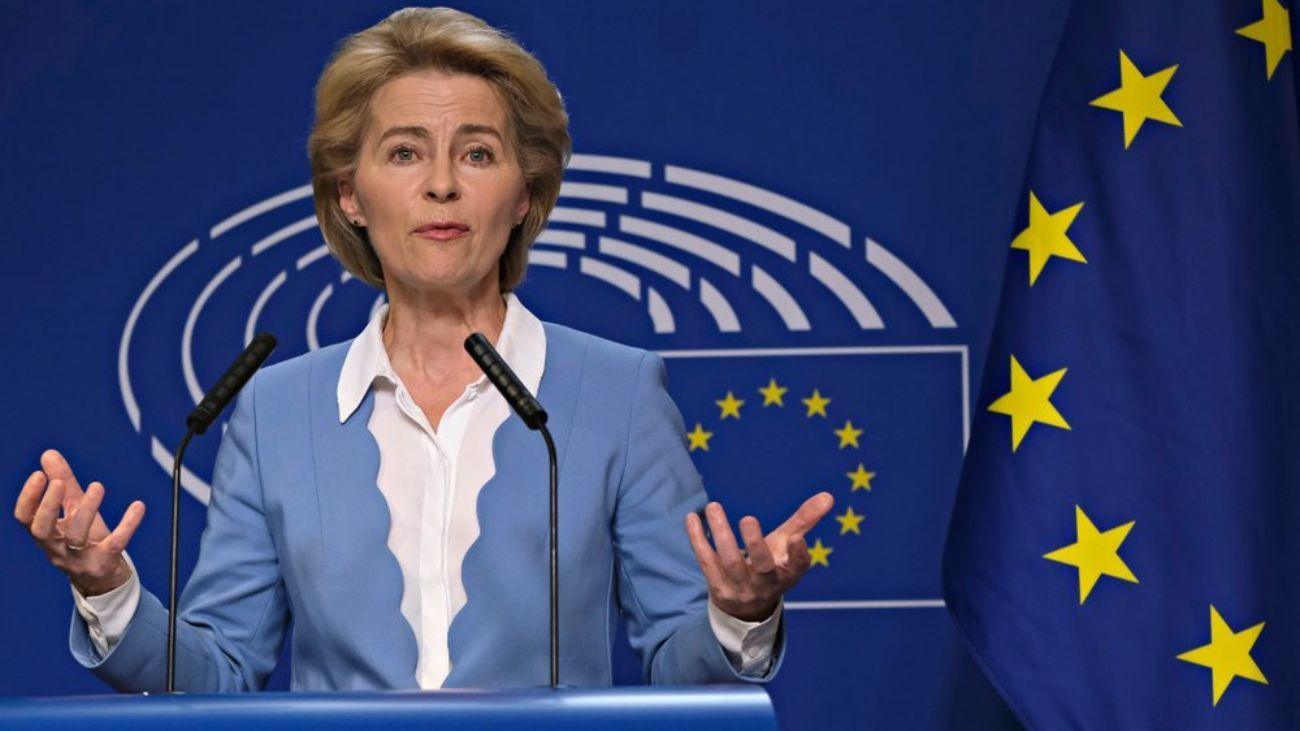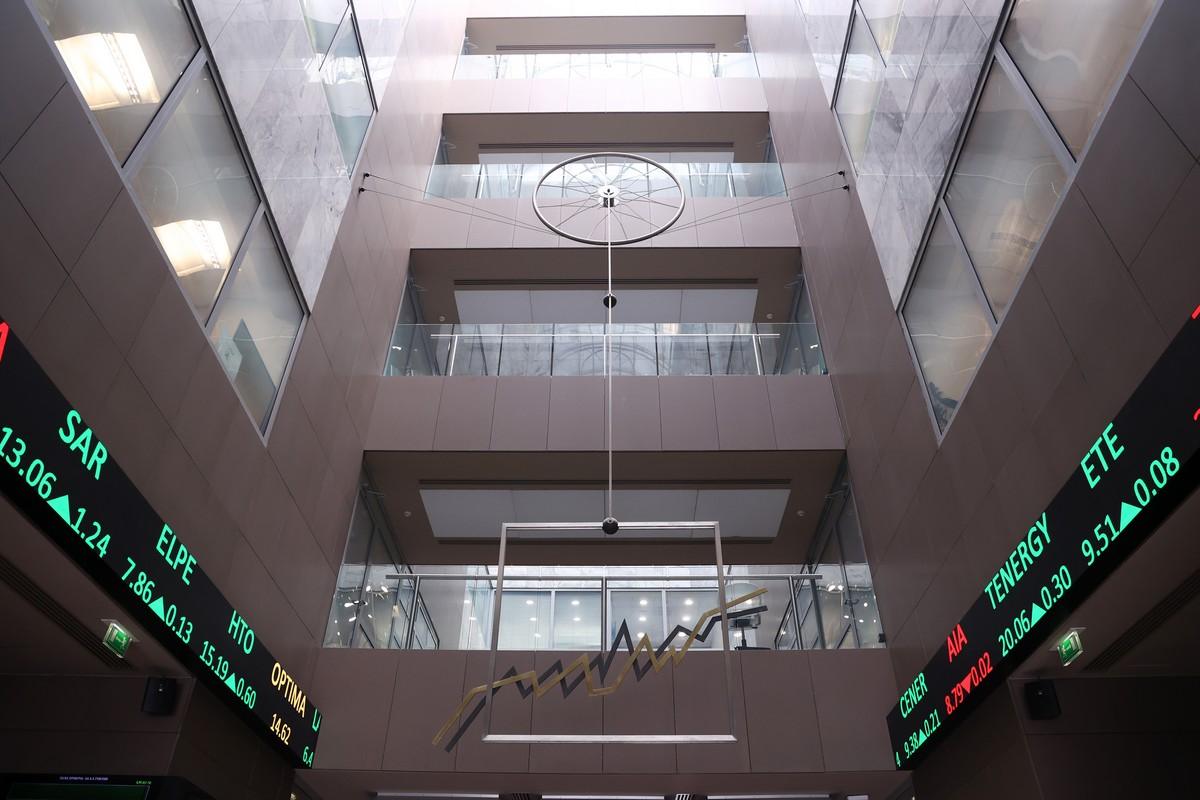A closely watched first meeting on Tuesday between newly appointed Finance Minister Kostis Hatzidakis and veteran Bank of Greece (BoG) Gov. Yannis Stournaras generated statements, on the surface at least, that the re-elected Mitsotakis government’s announced social spending will not endanger fiscal stability.
Stournaras is considered an “old hand” of Greece’s nearly decade-long economic and fiscal crisis and an accompanying trio of memorandum bailouts, given that he’s been at the helm of Greece’s central bank since 2014 and was previously finance minister in a Samaras coalition government.
He has previously and very publicly warned, even before the May 21 election last month, that there’s no “fiscal space” in Greece’s state finances to allow for implementation of political parties’ spending pledges – ones uttered during the recent campaign. He also underlined that a new government’s primary obligation should be to improve economic competitiveness and productivity, as well as to return to primary surpluses in coming years.
“Discussion extended to all open economic fronts, but in particular to the cost-of-living crisis and rising interest rates,” Stournaras said, while adding that the central bank, with its supervisory role and advanced analysis capacity, will act as an advisor to the ministry on economic issues.
At the same time, both sides said the country, amid international uncertainty and still rising interest rates, is sending a message that it remains committed to a prudent fiscal policy, with an eye on the markets as well as Greek society’s needs.
According to officials who participated in the meeting, the finance ministry will continue to engage with systemic banks in the country towards increasing protection and offering support to borrowers pressured by rising interest rates – an explosive issue, especially for mortgage holders.
In terms of combating so-called “greedflation”, the need for further reforms was cited, namely, to increase productivity, supply and competition. Both sides reminded that the inflation rate in Greece is among the lowest in Europe.
In terms of wage policy, the BoE governor reportedly advised against the government getting ensnared in what he called a “rising price and wage spiral”.

![Γραφείο Προϋπολογισμού: Το κατά κεφαλήν ΑΕΠ της Ελλάδας θα επιστρέψει στα επίπεδα του 2007 το…2033 [γραφήματα]](https://www.ot.gr/wp-content/uploads/2025/05/ot_greek_economy799-1024x600-1.png)








































